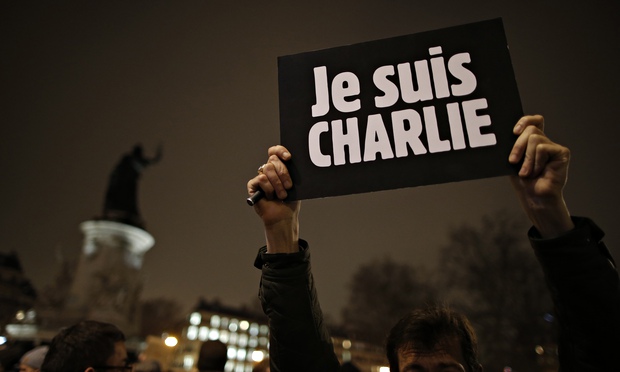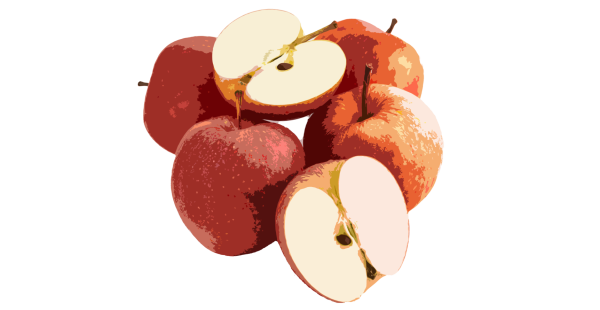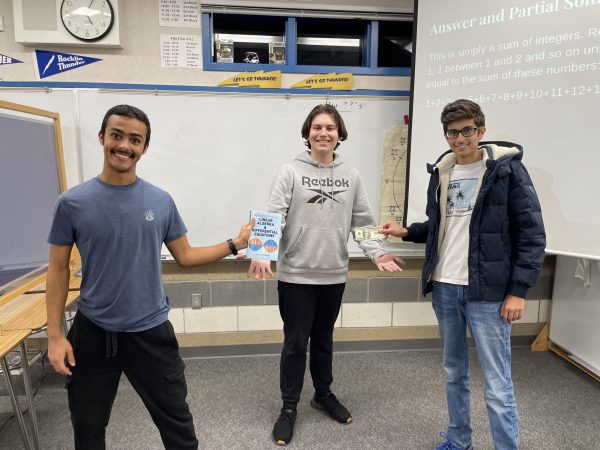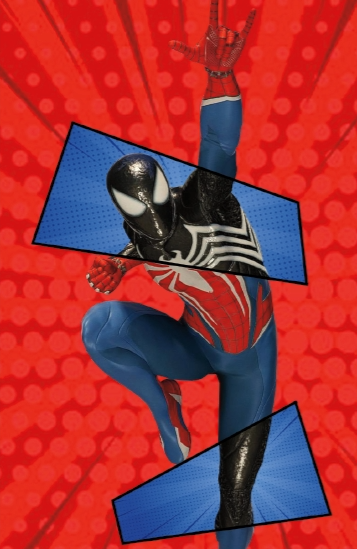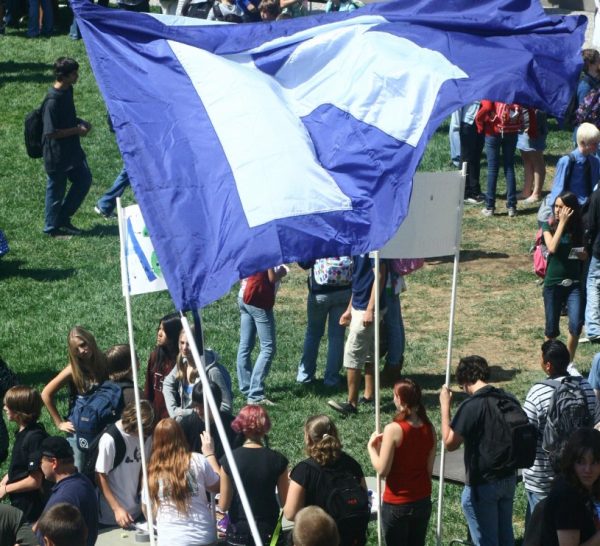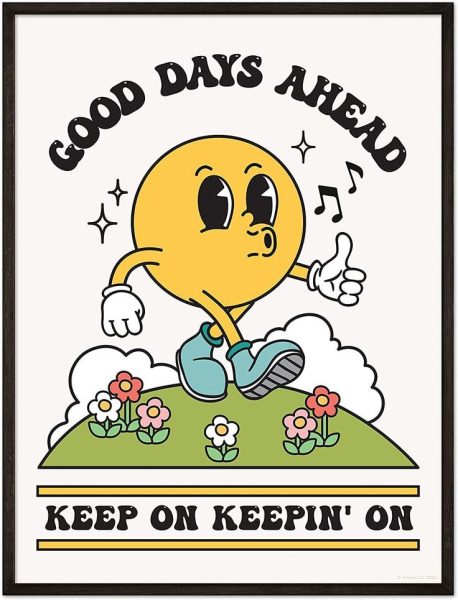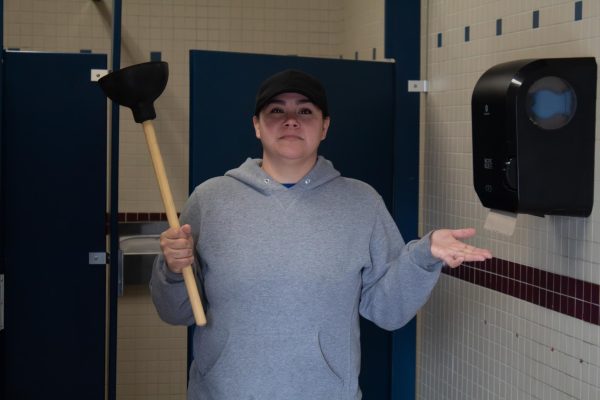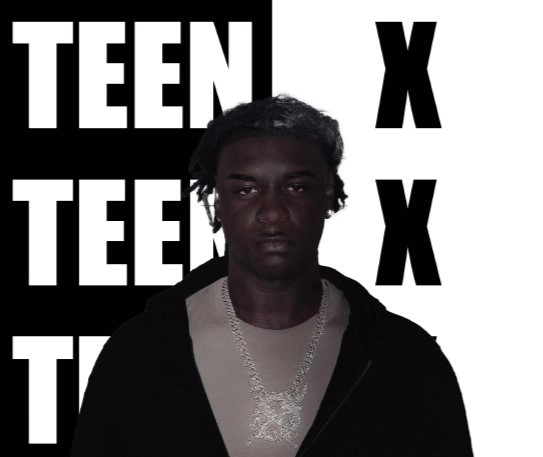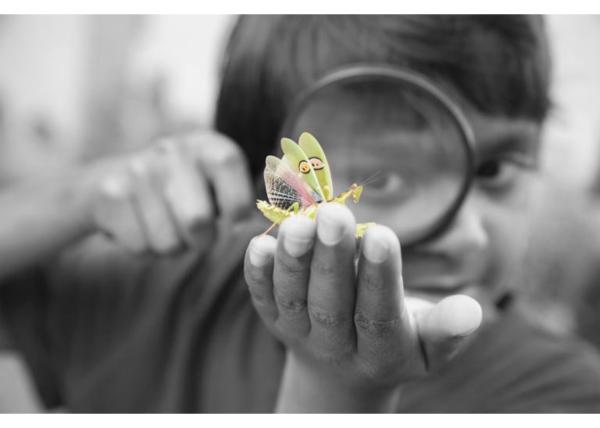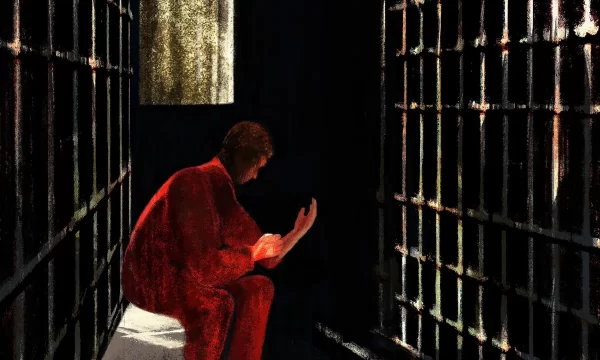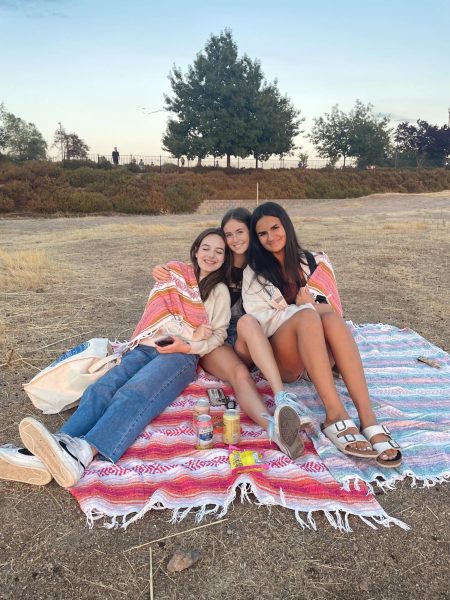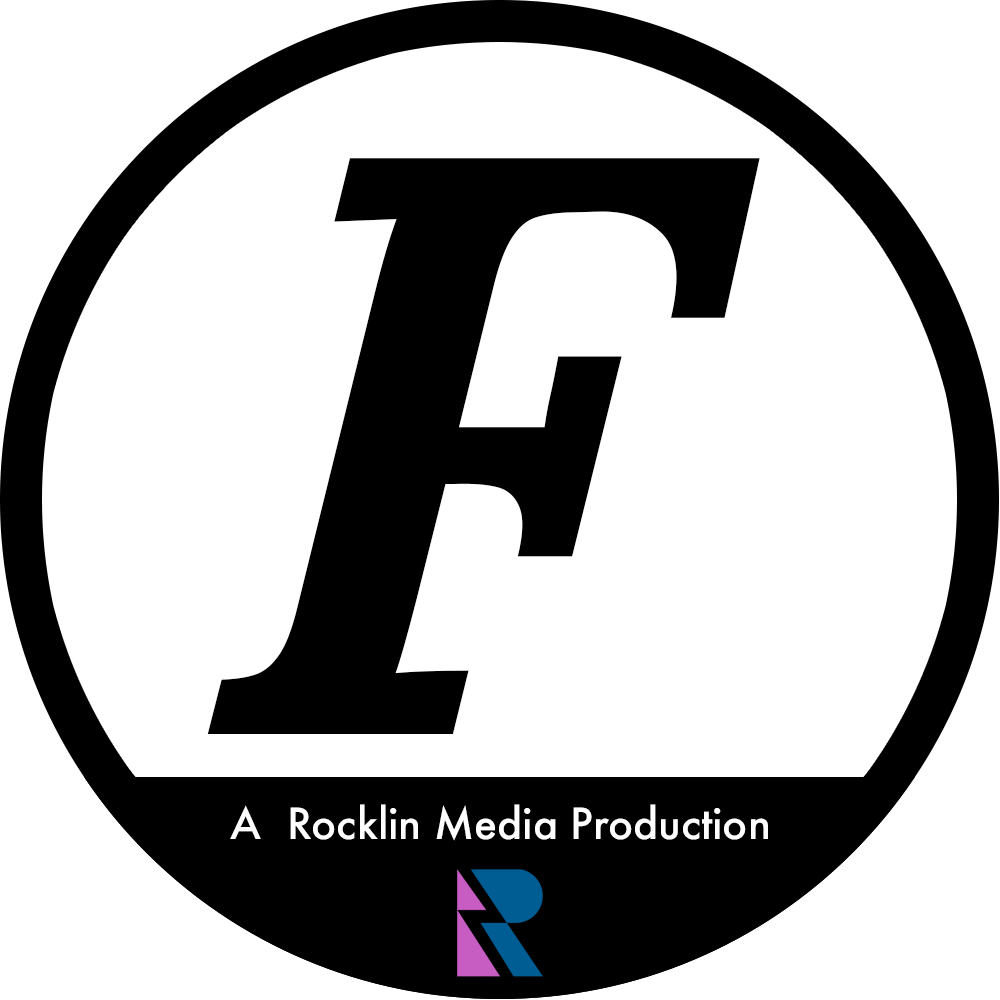The Attack on Charlie Hebdo
“Je suis Charlie.”
These words reverberated across the world in the wake of the attack on the offices of the Charlie Hebdo magazine office in France. The attack, perpetrated by 2 extremists, was declared by the attackers to “avenge Muhammad” after the magazine portrayed the prophet Muhammad, which is considered blasphemy in Muslim culture.
In the hours after the attack France was catapulted into a state of panic unlike anything the country had seen for years. A massive manhunt was launched for the perpetrators, ending as it inevitably does, with the shooters’ deaths.
The victims were mourned worldwide, with the words “Je suis Charlie” (meaning ‘I am Charlie’) repeated around the world, messaged on Twitter or lit by candlelight to show support for the hurt or dead. This monstrous attack on free speech had been avenged, and the world was not likely to forget anytime soon.
But could the attack have never happened?
Free speech is a tricky concept at best. If one isn’t free to spread one’s opinion, then the world ends up looking like Orwell’s 1984. However, free speech isn’t supposed to be used to spit in the faces of people who will kill for their faith. The offices of Charlie Hebdo, while free to say what they want, should not have used that right to attack people who were prepared to kill and die for their faith.
In the end, the attack is a violent and awful reminder of how screwed up the world is: a world where cartoonists, people who never physically hurt anyone, are killed for their art.


